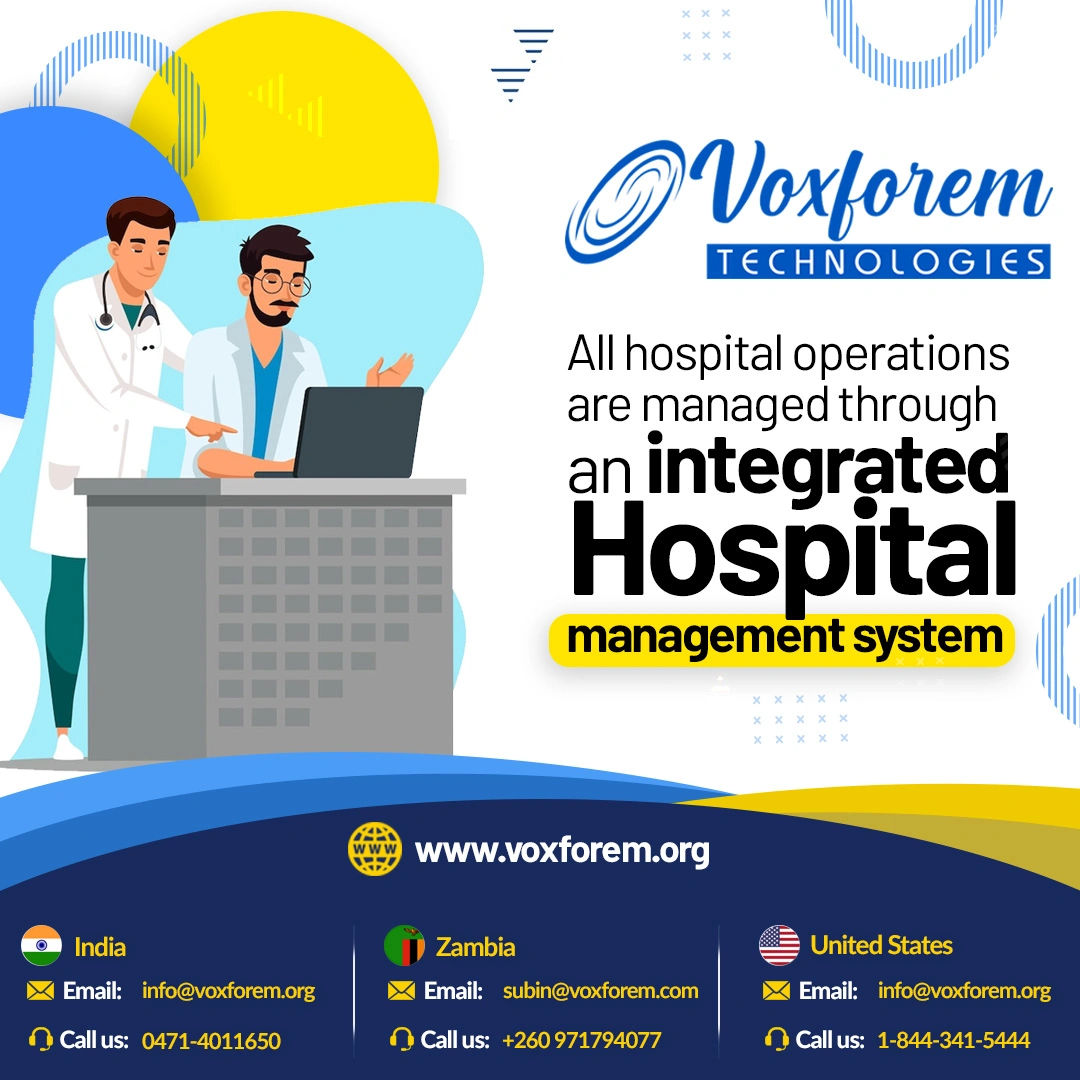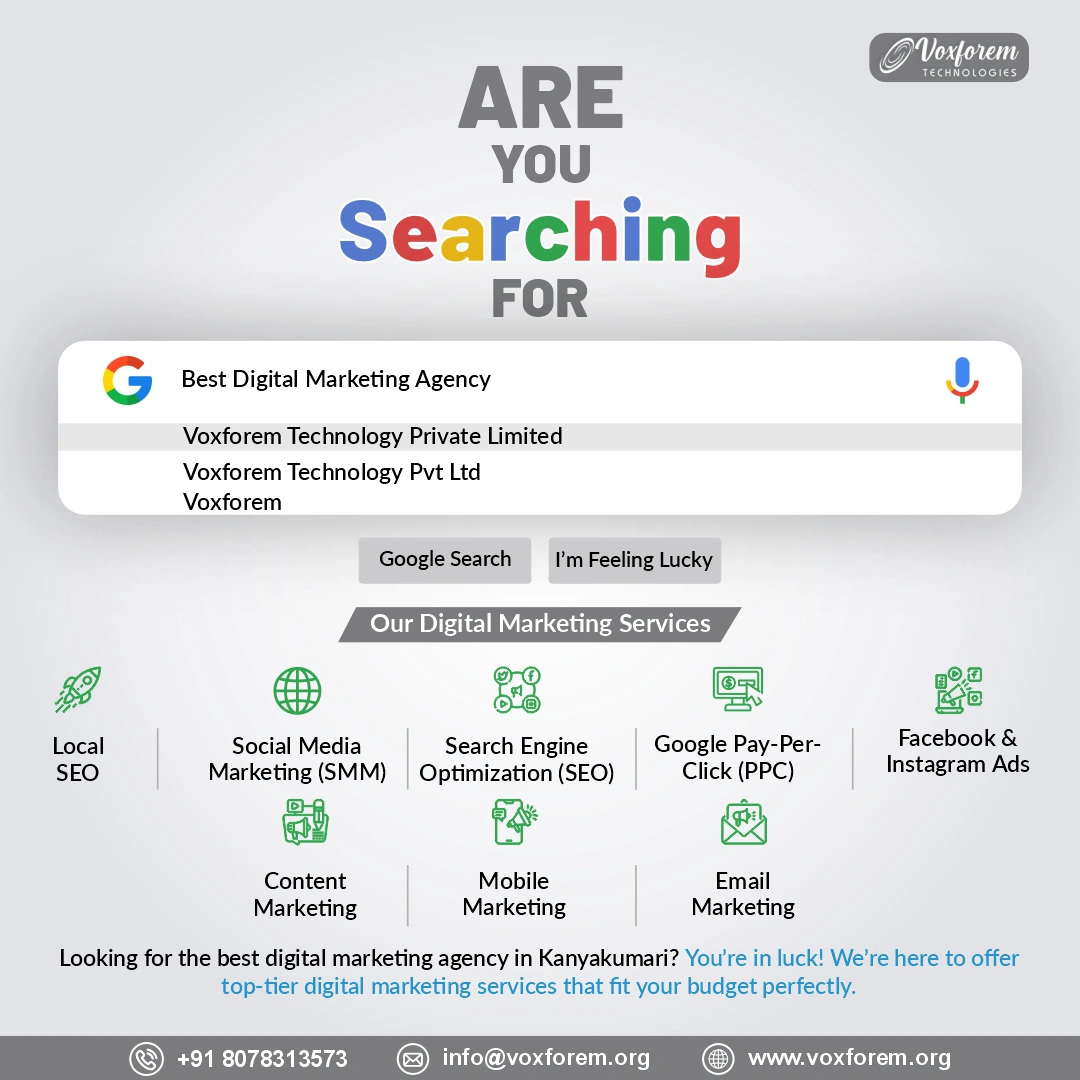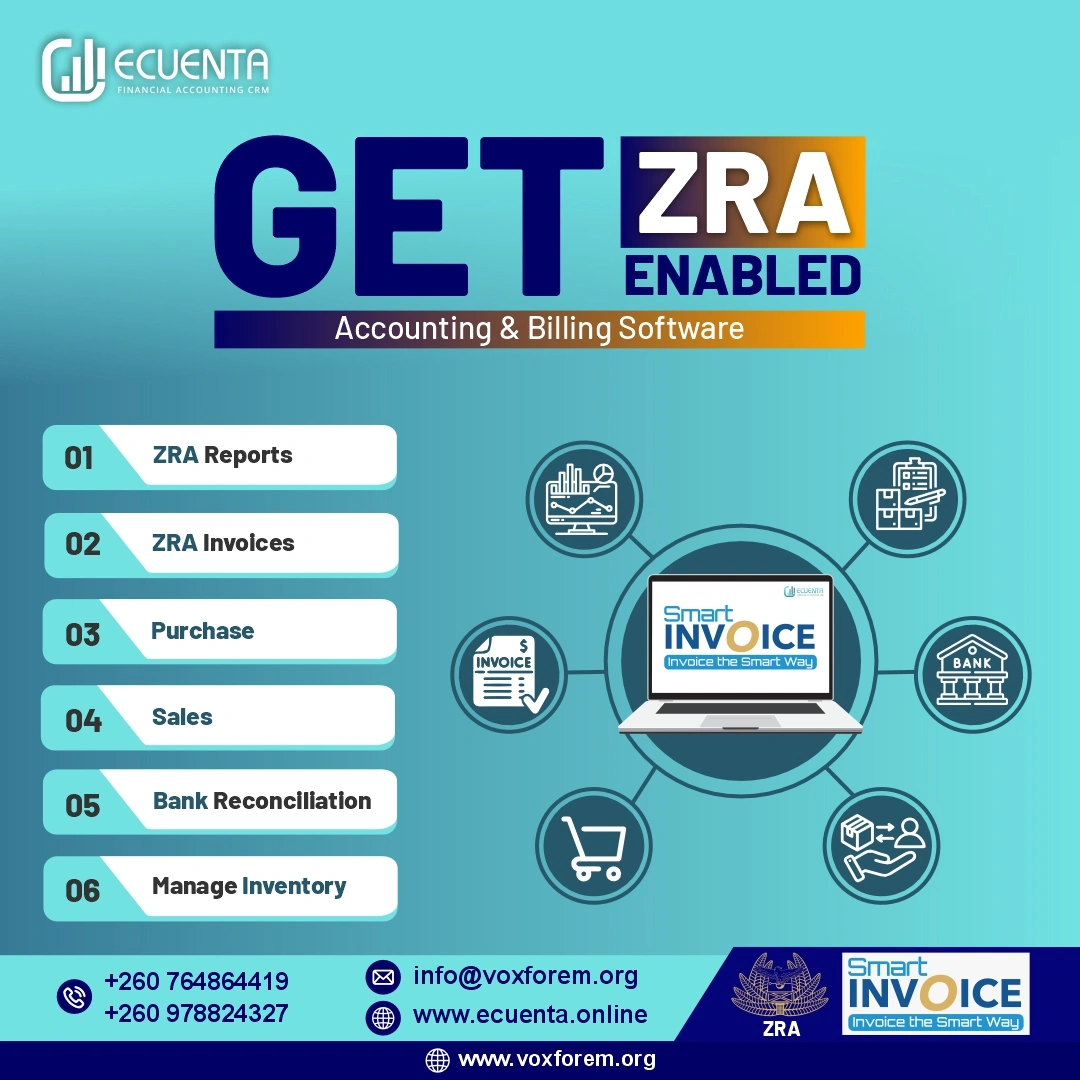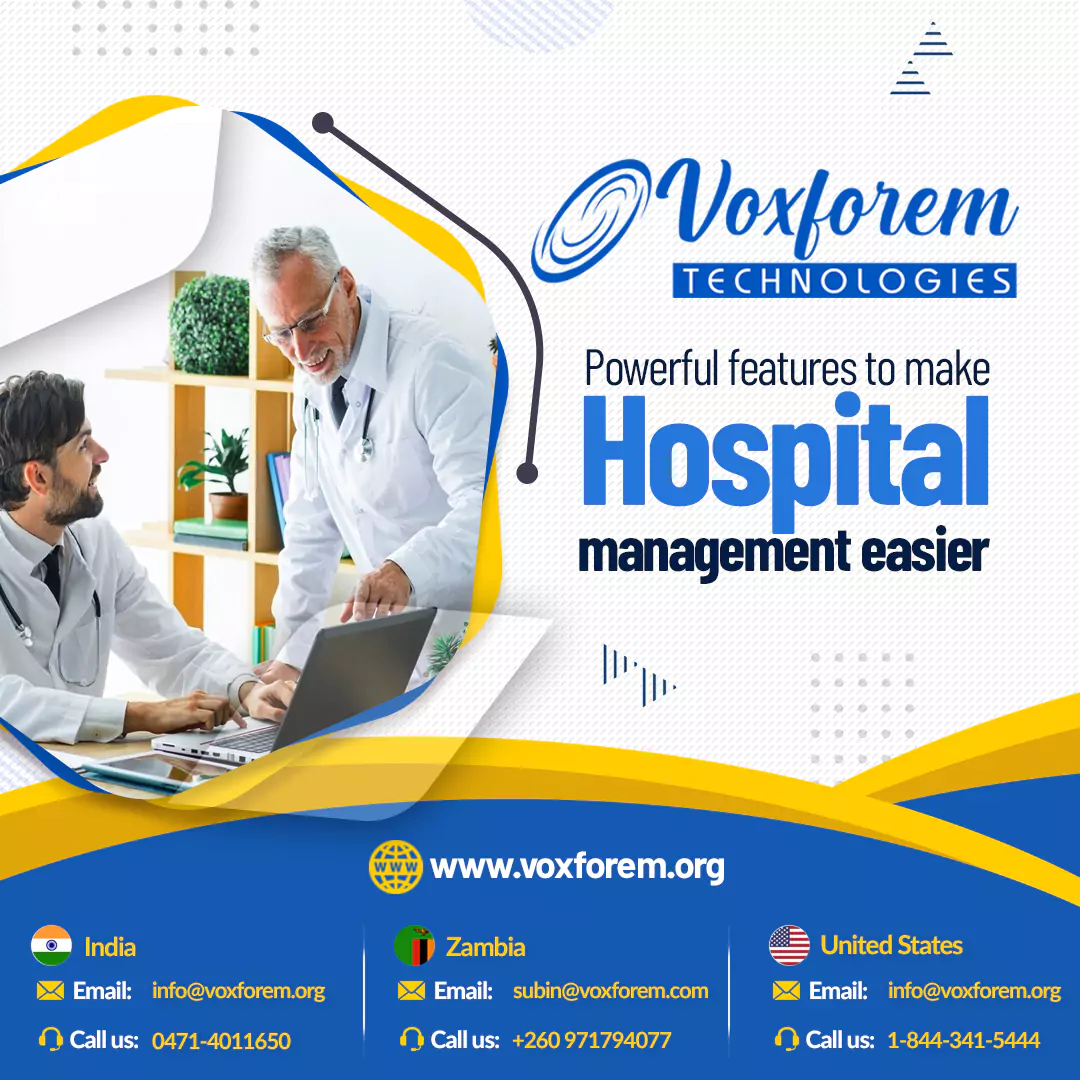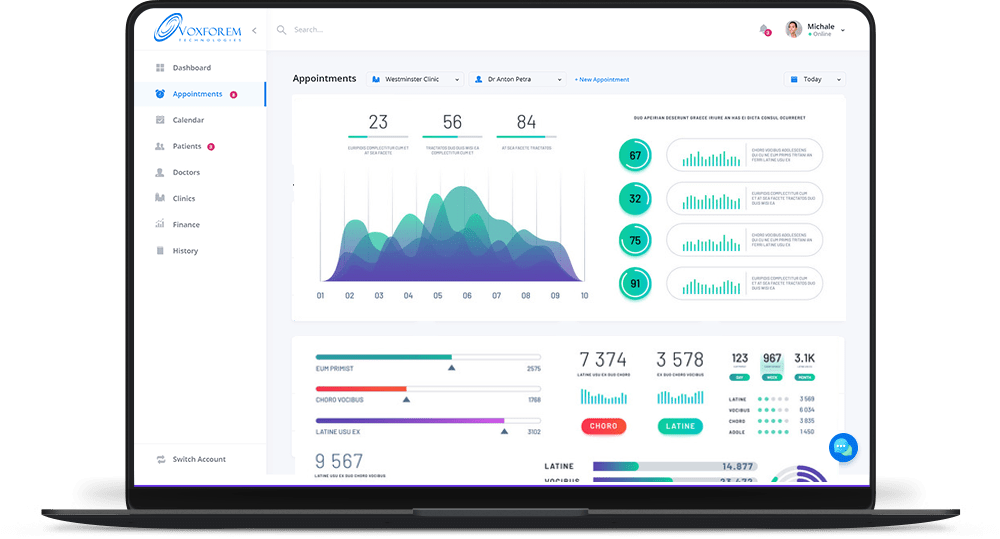
Why Your Hospital Needs a Modern Hospital Management System (HMS) in 2025
Introduction
The healthcare landscape in Zambia is rapidly evolving, with increasing patient expectations, regulatory demands, and the need for operational efficiency. In 2025, hospitals that fail to adopt a Hospital Management System (HMS) risk falling behind in service delivery, financial management, and patient satisfaction.
A well-implemented HMS streamlines hospital operations, improves patient care, ensures compliance with Zambian Revenue Authority (ZRA) regulations, and enhances data security. This article explores why Zambian hospitals must embrace an advanced HMS in 2025 and how it can transform healthcare delivery.
The Current Challenges in Zambian Hospitals
Many hospitals in Zambia still rely on manual processes, leading to inefficiencies such as:
- Paper-based patient records causing delays and errors
- Inefficient billing and insurance claims leading to revenue loss.
- Poor inventory management resulting in drug shortages or wastage.
- Long patient wait times due to disorganized appointment systems.
- Lack of real-time data for informed decision-making.
A Hospital Management System addresses these challenges by digitizing workflows, improving accuracy, and enhancing overall efficiency.
Key Features of a Hospital Management System for Zambian Hospitals
1. ZRA-Compliant Billing & Financial Management
- Smart invoicing integrates seamlessly with ZRA requirements.
- Automated tax calculations reduce errors and ensure compliance.
- Real-time financial reporting helps track revenue and expenses.
2. Electronic Medical Records (EMR) & Patient Management
- Centralized patient database with unique IDs for easy tracking.
- Instant access to medical history, improving diagnosis accuracy
- Secure digital records replace bulky paper files.
3. Efficient Appointment & Outpatient Management
- Online booking system reduces patient wait times.
- Reminders via SMS or email for follow-ups.
- Streamlined OPD registration for faster patient processing.
4. Doctor & Staff Management
- Digital prescription systems minimize handwriting errors.
- Staff performance tracking for better workforce management.
- Role-based access control ensures data security.
5. Inventory & Pharmacy Control
- Real-time stock monitoring prevents shortages or overstocking.
- Alerts for expiring medications.
- Pharmacy integration ensures smooth prescription fulfillment.
6. Inpatient & Bed Management
- Live bed availability tracking optimizes hospital capacity.
- Discharge summaries speed up patient turnover.
- Integrated billing for accurate inpatient charges.
7. Insurance & Claims Processing
- Instant insurance verification reduces claim rejections.
- Seamless billing integration for faster reimbursements.
- Policy management for different insurance providers.
8. Data Security & Compliance
- HIPAA & GDPR-compliant encryption protects patient data.
- Audit logs track all user activities for accountability.
- Secure cloud backups prevent data loss.
9. Analytics & Reporting for Better Decisions
- Custom dashboards for tracking KPIs like patient flow and revenue.
- Predictive analytics helps in resource planning.
- Government compliance reports for regulatory audits.
Why Zambian Hospitals Must Upgrade in 2025
1. Improved Patient Care & Experience
- Faster diagnosis with digital patient records.
- Reduced waiting times with online appointments.
- Better follow-ups through automated reminders.
2. Enhanced Operational Efficiency
- Paperless workflows save time and reduce errors.
- Real-time inventory tracking prevents stockouts.
- Efficient billing minimizes revenue leakage.
3. Compliance with Zambian Regulations
- ZRA-approved billing ensures tax compliance.
- Data protection aligns with Zambian healthcare laws.
4. Cost Savings & Revenue Growth
- Reduced administrative costs with digital processes.
- Faster insurance claims improve cash flow.
- Better inventory control cuts wastage costs.
5. Future-Proofing Healthcare Delivery
- Cloud-based HMS allows remote access and scalability.
- AI-powered analytics can predict patient trends.
- Mobile integration for doctors and patients.
How to Choose the Right HMS for Your Hospital
When selecting an HMS in Zambia, consider:
- ZRA Compliance – Ensures smooth tax reporting.
- User-Friendly Interface – Easy for staff to adopt.
- Customization – Adapts to your hospital’s needs.
- Data Security – Protects sensitive patient information.
- Vendor Support – Ensures smooth implementation.
Conclusion:
In 2025, Zambian hospitals must transition from outdated manual systems to a Hospital Management System (HMS) to remain competitive. An advanced HMS enhances patient care, operational efficiency, financial accuracy, and regulatory compliance.
By investing in the right HMS, hospitals can:
- Improve patient satisfaction with faster, more accurate care.
- Boost revenue through efficient billing and insurance processing.
- Ensure compliance with ZRA and data protection laws.
- Future-proof operations with scalable, cloud-based solutions.
The future of Zambian healthcare is digital, efficient, and patient-centered. Is your hospital ready?
Upgrade your hospital’s efficiency with a HMS in 2025. Contact us today for a tailored solution that meets Zambia’s healthcare needs!



